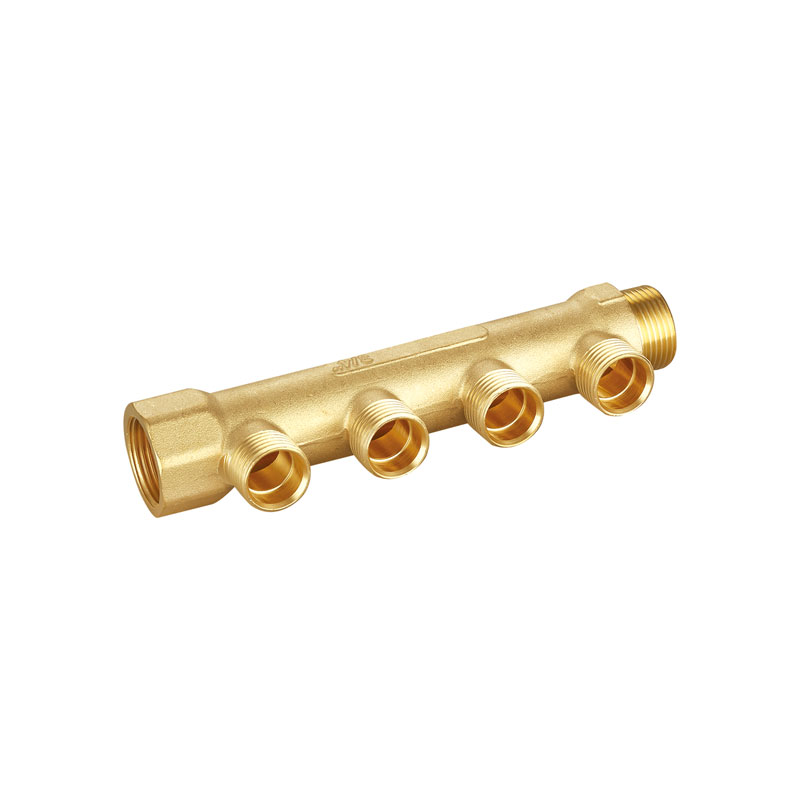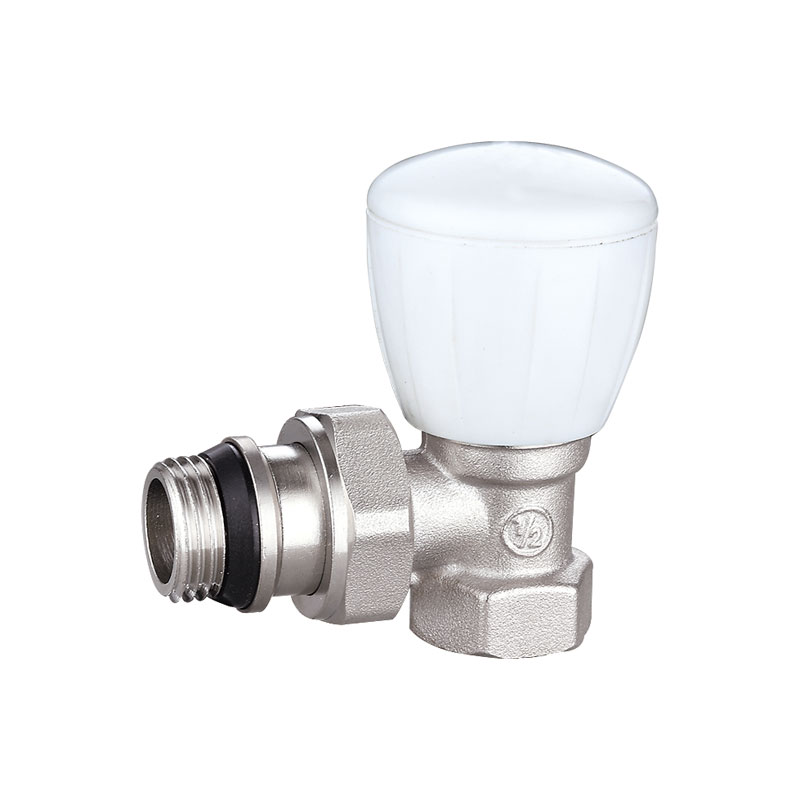In recent years, the global demand for reliable, durable, and efficient valve systems has surged across various industries. Among the trusted solutions for fluid and water control are brass ball water valves. These valves, which utilize a spherical ball to control the flow of liquids, have become a mainstay in a wide range of applications, from plumbing systems to industrial fluid management. The durability and versatility of brass ball water valves make them ideal for both residential and commercial uses, as well as in critical industrial operations.
What Are Brass Ball Water Valves?
A brass ball water valve is a type of valve that uses a hollow, perforated, and pivoting ball to control the flow of water or other fluids. When the valve handle is turned, the ball rotates, allowing or blocking the flow of water through the pipe. These valves are particularly known for their ability to provide a tight seal when closed, making them reliable in preventing leaks. The material choice of brass offers high resistance to corrosion, ensuring longevity even in demanding environments.
Applications of Brass Ball Water Valves
1. Residential Plumbing Systems
One of the primary applications for brass ball water valves is in residential plumbing. These valves are commonly used for controlling the flow of water to various fixtures like sinks, showers, and toilets. Their easy operation and ability to create a tight seal make them ideal for ensuring the efficient distribution of water in homes. In fact, brass ball water valves are often chosen over other types of valves due to their resistance to wear and tear, particularly in areas with hard water.
For instance, many homeowners use brass ball water valves to regulate the water supply to appliances such as washing machines or dishwashers. Their ability to withstand high pressures and maintain a tight seal helps prevent unwanted leaks, which could to costly water damage. Additionally, the ergonomic design of the valve handles makes them simple for homeowners to operate, even in tight spaces.
2. Commercial and Industrial Applications
In industrial and commercial settings, brass ball water valves are crucial for controlling the flow of water, chemicals, or other fluids in large-scale operations. These valves are widely used in food and beverage processing, manufacturing plants, water treatment facilities, and HVAC systems. The durability of brass ensures that these valves can handle the rigors of high-pressure environments, while their resistance to corrosion allows them to function effectively in harsh chemical or environmental conditions.
For instance, in water treatment plants, brass ball water valves are essential for regulating the flow of water during the purification process. These valves help direct water through various stages of filtration and ensure that the system operates efficiently without leaks or disruptions. Their precision and reliability are critical to maintaining consistent water quality, which is vital for public health and safety.
3. Agricultural Irrigation Systems
Agriculture also benefits greatly from the use of brass ball water valves. These valves are widely used in irrigation systems to control the flow of water to crops. In large-scale farming operations, maintaining a constant and even water flow is crucial for crop health. Brass ball water valves offer an efficient and durable solution for managing irrigation networks, ensuring that water is delivered precisely where it is needed.
These valves are particularly useful in areas with high water salinity, as brass is resistant to the corrosion that typically occurs in these conditions. Farmers depend on brass ball water valves to regulate the flow in drip irrigation systems, sprinkler systems, and other water distribution networks. The ability to shut off water at specific intervals, combined with the valve’s longevity, helps farmers maintain the conditions for crop growth while minimizing water waste.
4. Oil and Gas Industry
In the oil and gas sector, the use of brass ball water valves is indispensable for controlling the flow of water used in various extraction and refining processes. These valves are often used to regulate water injection systems, which are vital for maintaining pressure in oil wells. The robustness of brass ball water valves ensures they can withstand the conditions of the oilfield, including high pressures, varying temperatures, and exposure to chemicals.
Additionally, brass ball water valves are used in systems designed for cleaning and maintaining equipment. Their ability to handle aggressive substances and provide leak-free operation makes them ideal for safeguarding the integrity of oil and gas infrastructure. These valves help ensure smooth and continuous operations, reducing the likelihood of costly downtime.

 languages
languages

 English
English русский
русский












